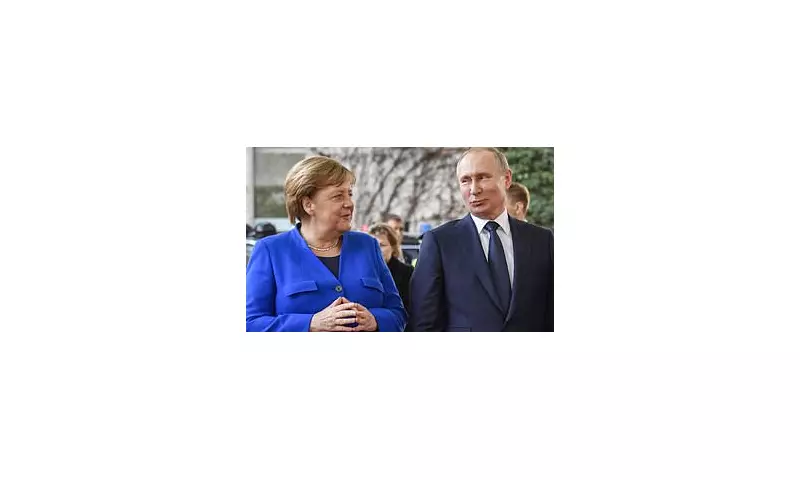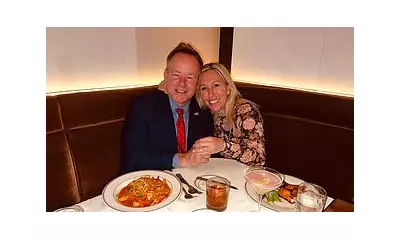
Angela Merkel's political legacy faces unprecedented scrutiny as her sixteen-year tenure as Germany's chancellor comes under the microscope for its controversial Russia policy. Fresh revelations expose how the former leader cultivated close ties with Vladimir Putin while simultaneously blocking Ukraine's path to NATO membership.
The Putin Partnership
During her time in office, Merkel pursued an increasingly cosy relationship with the Russian president, despite growing concerns from international allies. The former chancellor engaged in extensive dialogue with Putin, often prioritising German energy interests over geopolitical security concerns.
Ukraine's NATO Dreams Dashed
Most controversially, Merkel played a pivotal role in preventing Ukraine from receiving a Membership Action Plan at the 2008 Bucharest NATO summit. This decision effectively closed the door to Ukraine's NATO aspirations, leaving the country in a geopolitical grey zone that critics argue emboldened Russian aggression.
Energy Dependence and War Chest
Germany's strategic miscalculations extended beyond diplomatic manoeuvres. The country became increasingly dependent on Russian energy imports, particularly through projects like Nord Stream 2. This policy funneled billions into Russian state coffers, directly financing Putin's military expansion and eventual invasion of Ukraine.
The Economic Enabler
Merkel's government continued to approve arms exports to Russia even after the 2014 annexation of Crimea, despite EU-wide condemnation. This contradictory approach saw Germany criticising Russian aggression while simultaneously strengthening economic ties.
Historical Revisionism or Political Reality?
In a surprising recent intervention, Merkel appeared to shift blame towards Poland, suggesting historical tensions contributed to the current conflict. This statement has drawn criticism from political analysts who see it as an attempt to deflect from Germany's own role in the crisis.
The Legacy Question
As the war in Ukraine continues, Merkel's Russia policy faces intense re-evaluation. What was once seen as pragmatic diplomacy now appears to many as dangerous appeasement that ultimately enabled the largest conflict in Europe since World War II.
The former chancellor's attempts to build bridges with the Kremlin have left a complicated inheritance for her successor, Olaf Scholz, who now grapples with the consequences of Germany's previous Russia strategy while trying to support Ukraine against Russian aggression.





